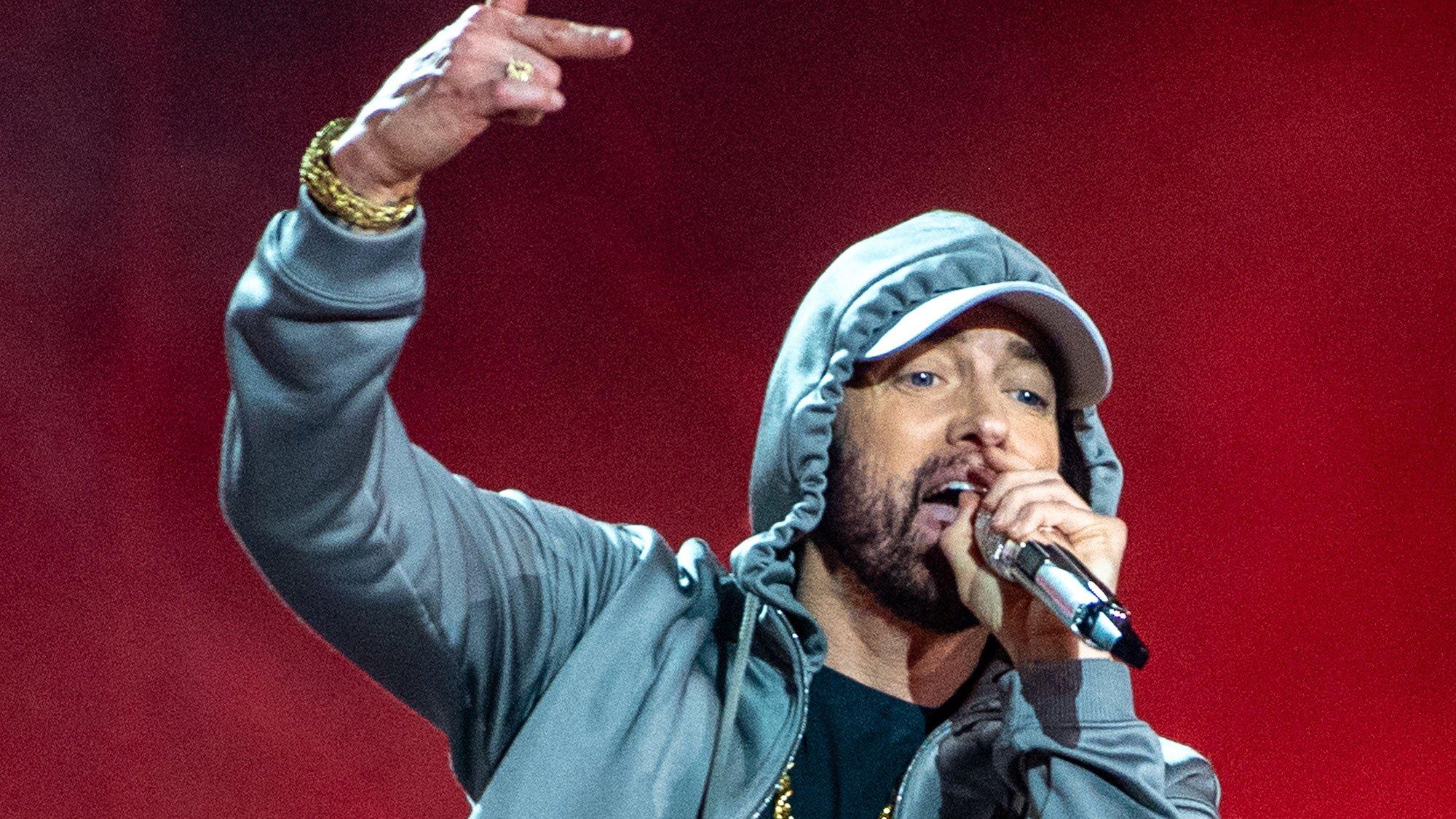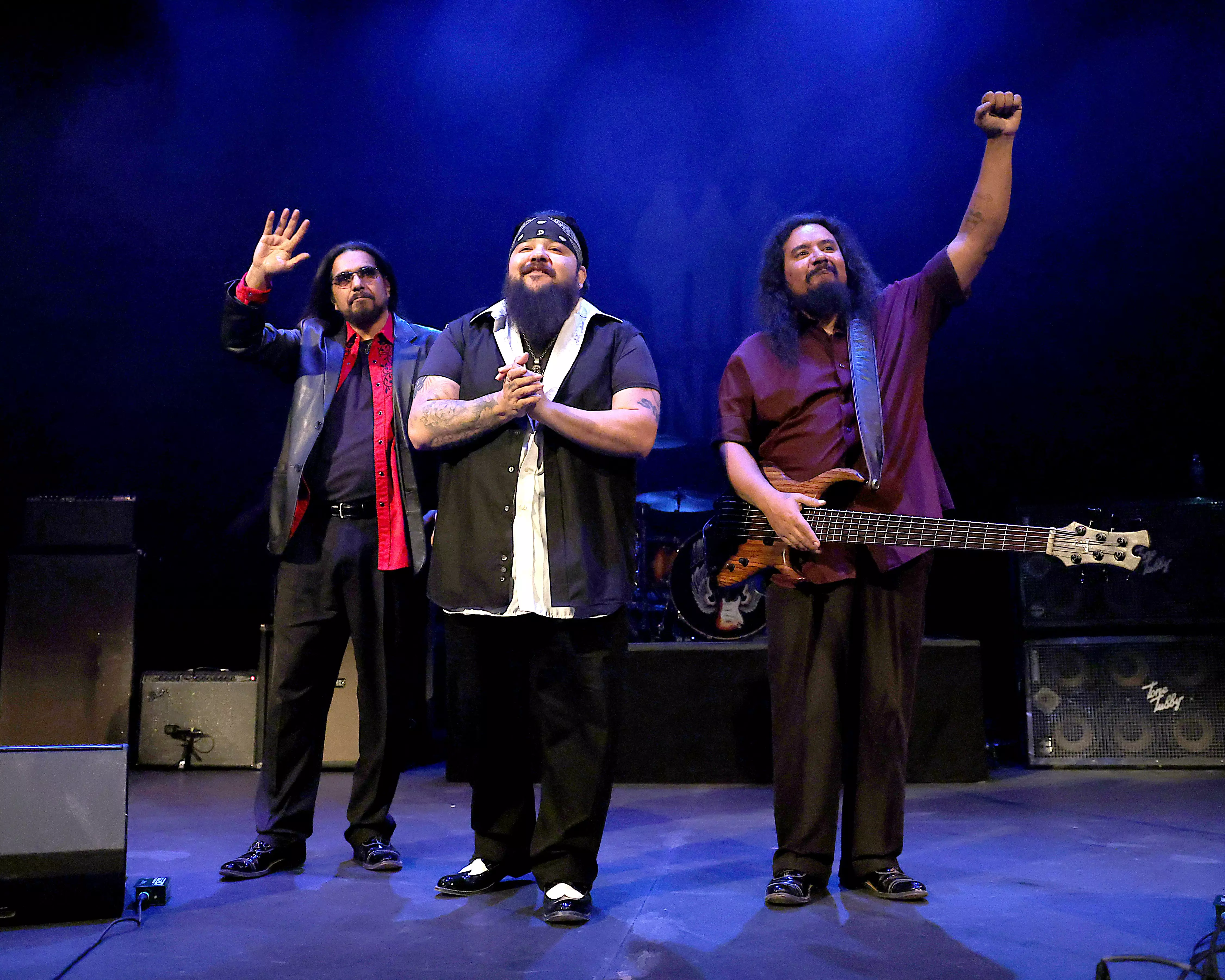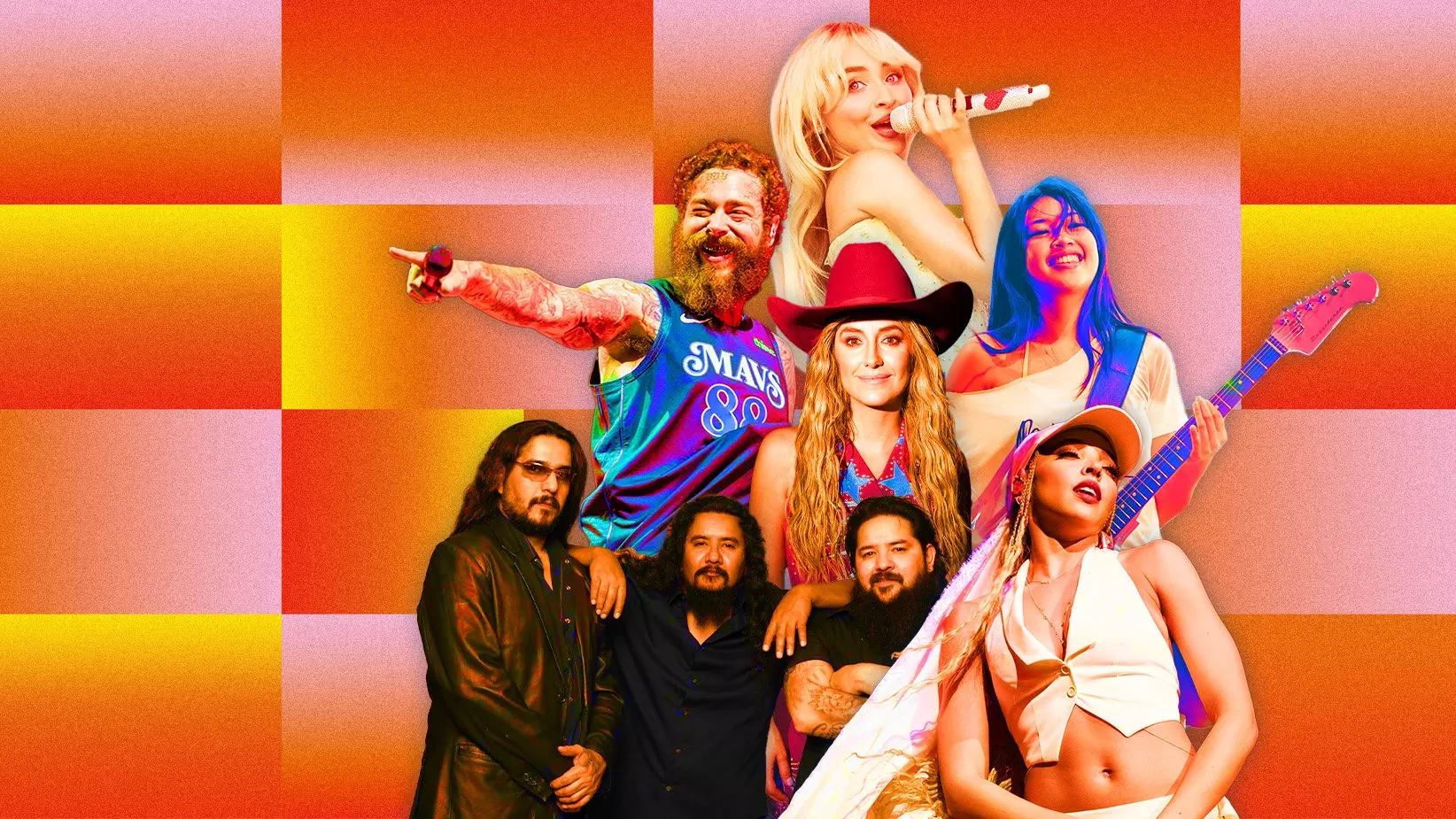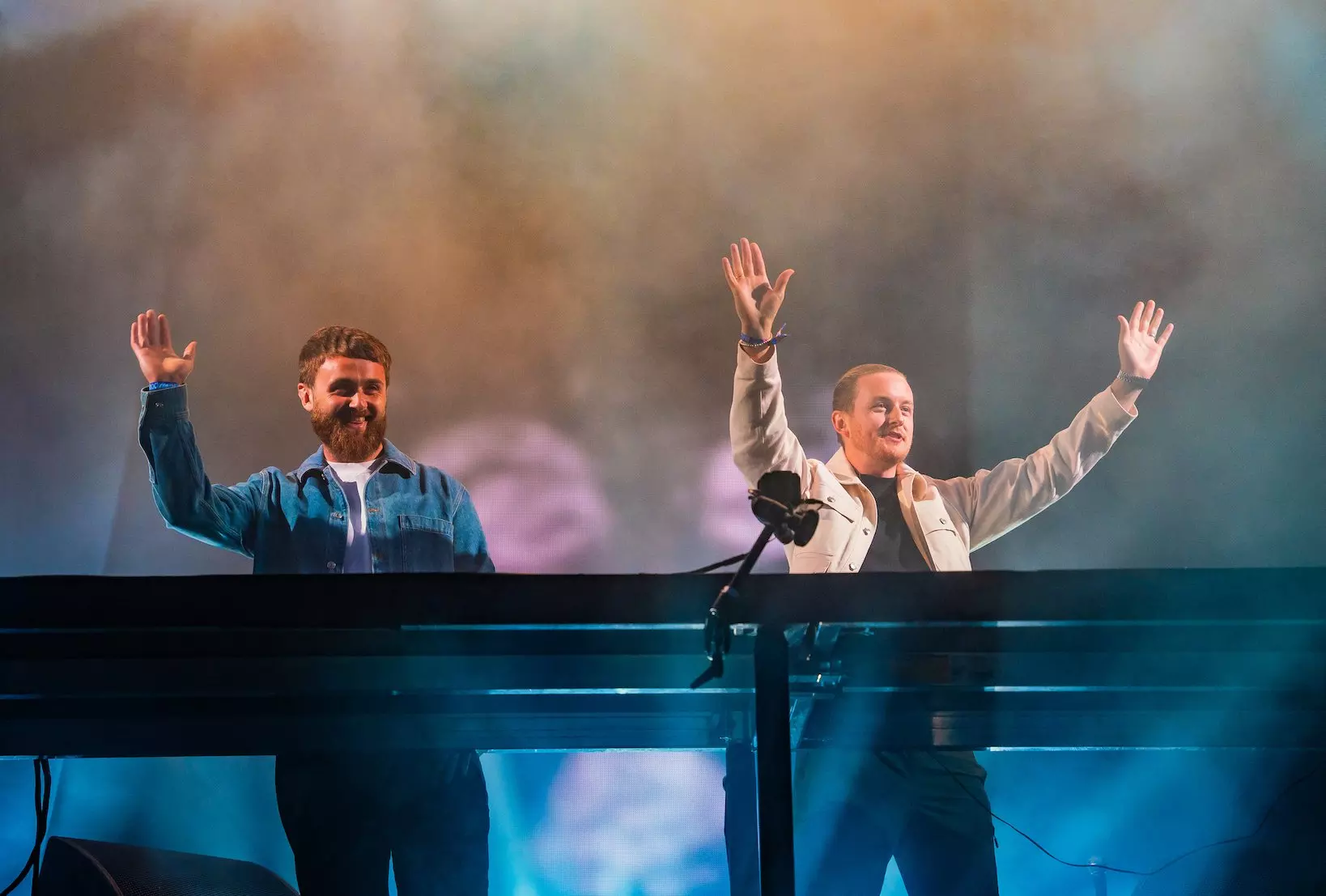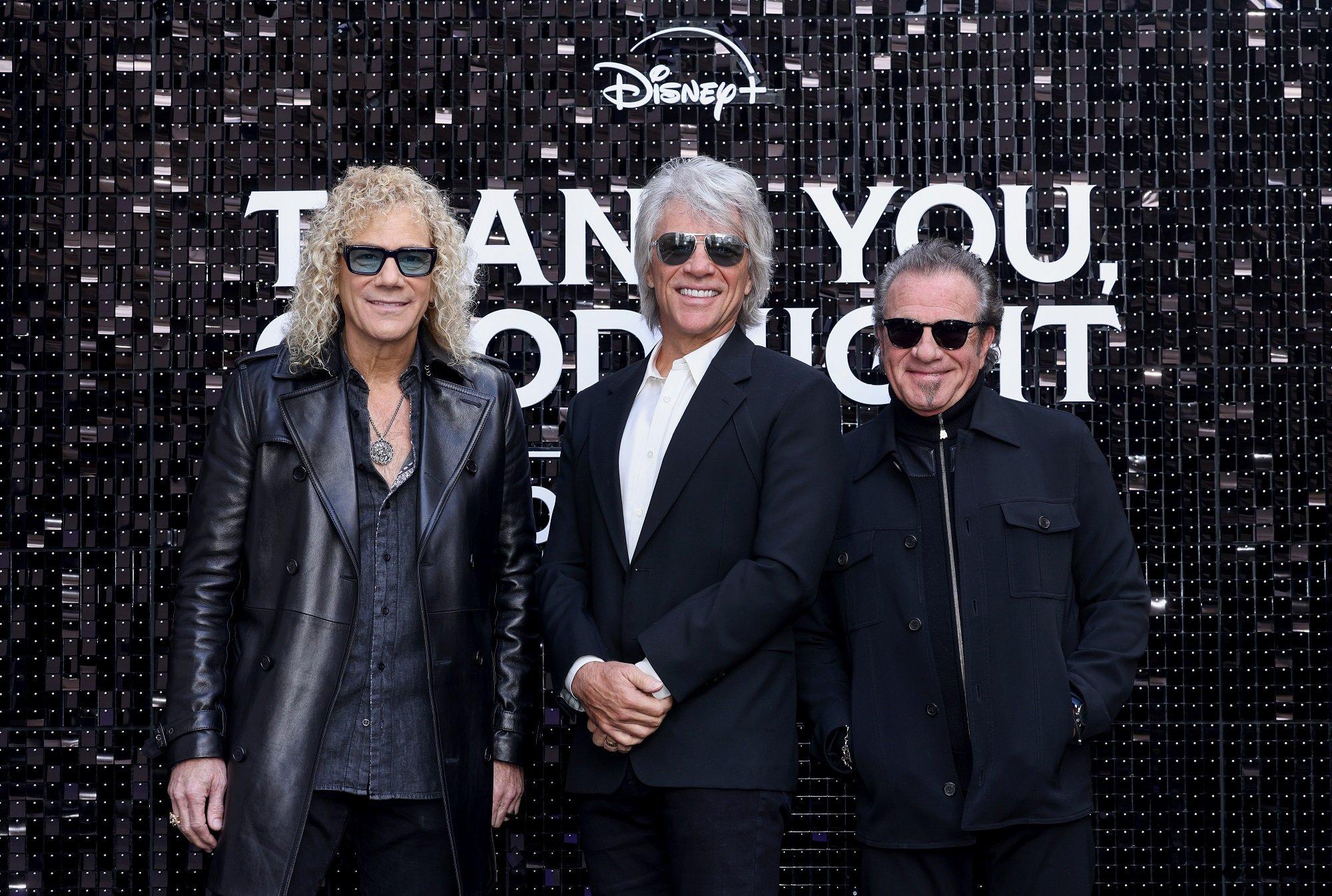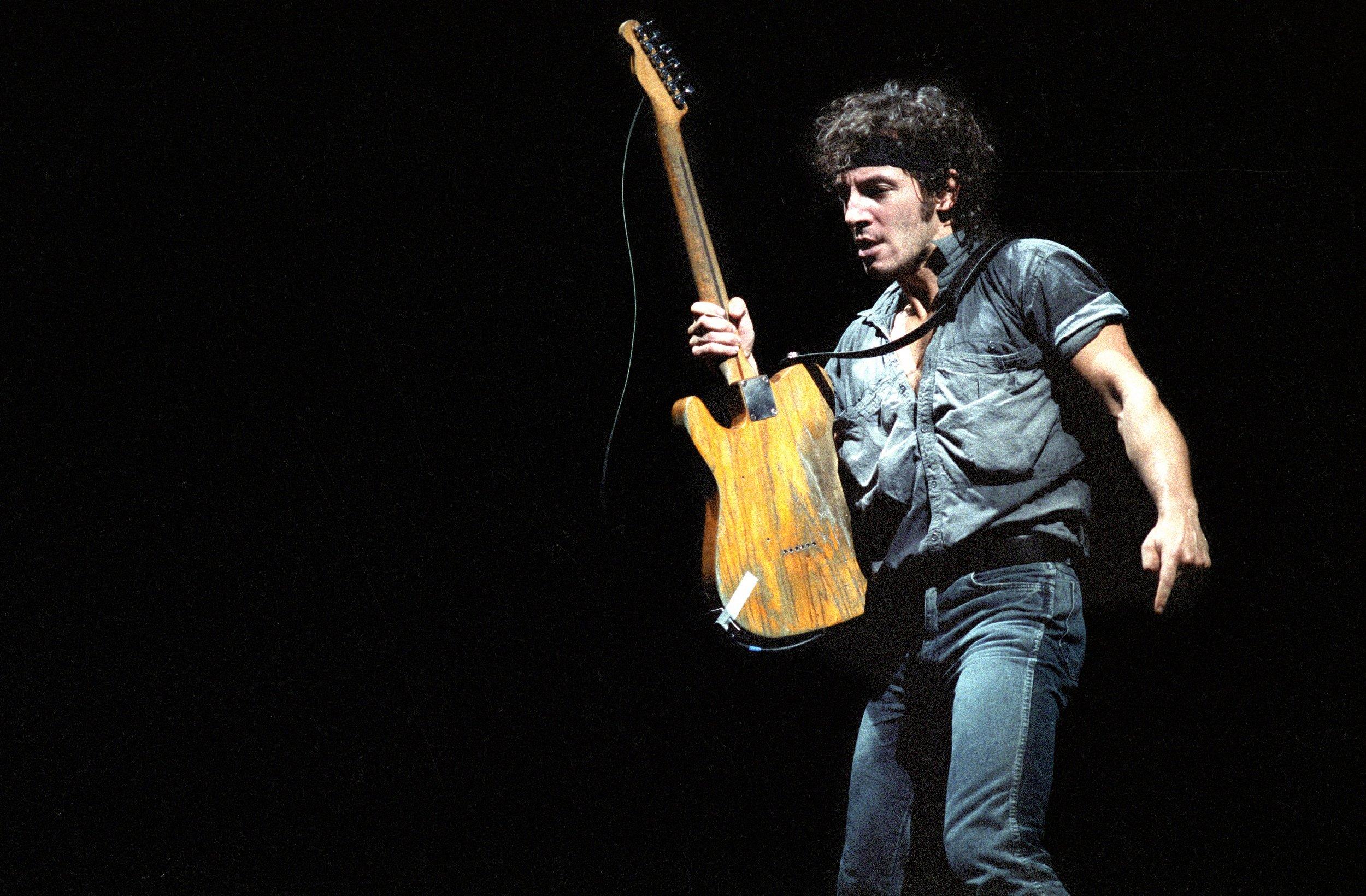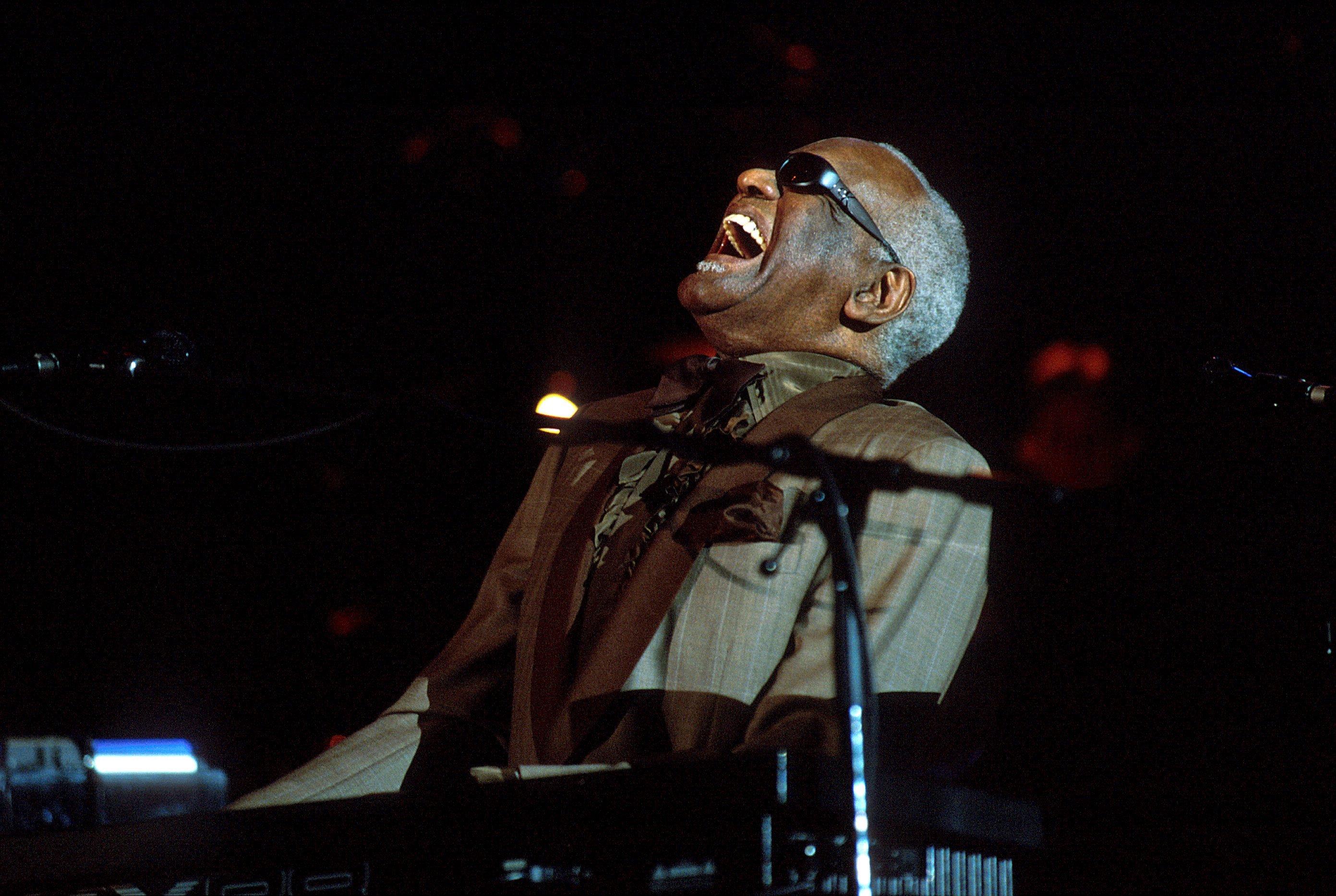While summer has already officially kicked off, the Fourth of July marks the true beginning of summer for many.
Whether it's celebrating with family, hanging with friends at a barbeque, taking in a parade, or going to the ball game, July Fourth — also known as Independence Day — is a true slice of America. Perhaps the holiday's most popular tradition is setting off fireworks as grandiose displays take place nationwide from San Diego to Boston and everywhere in between — yep, even in Yankton, S.D.
Of course, not to be completely lost in all the fun is the holiday's true meaning: the legal separation of the American colonies from Great Britain, and the commemoration of the adoption of the Declaration of Independence on July 4, 1776. Arguably the day's biggest celebration, A Capitol Fourth features a free concert performed on the west lawn of the Capitol in Washington, D.C., and is viewed and heard by millions across the country.
So, even if for just one day, raise that American flag proudly, get out the grill, watch a fireworks display, and take a listen to some music by way of the GRAMMY Fourth of July playlist.
"America The Beautiful" (iTunes>)
Ray Charles, GRAMMY Hall Of Fame, 2005
"America The Beautiful," with lyrics by Katharine Lee Bates and music by church organist/choirmaster Samuel A. Ward, was originally published as a poem, "Pikes Peak," in a July Fourth edition of the church periodical The Congregationalist in 1895. Charles recorded his version of the song in 1972 for his A Message From The People album. His signature R&B/soul-flavored take represents one of the more heartfelt interpretations of this popular patriotic song.
"In America" (iTunes>)
The Charlie Daniels Band, Best Country Performance By A Duo Or Group With Vocals nominee, 1980
"In America" was written by Wilmington, N.C., native Daniels as a reaction to the 1979 Iran hostage crisis. The song spoke to taking a patriotic stance with lyrics such as "'Cause we'll all stick together and you can take that to the bank/That's the cowboys and the hippies and the rebels and the yanks." The song also experienced a revival following the terrorist attacks on Sept. 11, 2001.
"Tchaikovsky: 1812 Overture/Capriccio Italien" (iTunes>)
Antal Dorati And Minneapolis Symphony Orchestra (Yale Bells, West Point Cannon), GRAMMY Hall Of Fame, 1998
Written by Russian composer Pyotr Ilyich Tchaikovsky, interestingly this piece has nothing to do with U.S. history as it was written to commemorate the defense of Moscow against the French at the Battle of Borodino in 1812. But it's big, bombastic and triumphant-sounding, and goes great with fireworks displays. A holiday staple, it's performed at the annual A Capitol Fourth celebration in Washington, D.C., alongside cannon fire and fireworks over the Washington Monument.
"This Land Is Your Land" (iTunes>)
Woody Guthrie, GRAMMY Hall Of Fame, 1989
Arguably the United States' most popular folk tune, Guthrie penned the song borrowing elements from fellow playlist selection "God Bless America" and an old gospel standard, "Oh, My Loving Brother." The song is not only a GRAMMY Hall Of Fame inductee, but was also added to the Library of Congress' National Recording Registry in 2002.
"The Star-Spangled Banner" (iTunes>)
Jimi Hendrix, GRAMMY Hall Of Fame, 2009
The lyrics for the U.S. national anthem originated in the 1814 poem "Defence Of Fort McHenry" by Francis Scott Key. They were then set to the music of "The Anacreontic Song," which was written by British composer John Stafford Smith. The song officially became the national anthem in March 1931. Hendrix's instrumental treatment from the Woodstock festival in 1969, laced with acid rock guitar pyrotechnics, was emblematic of a new America for the counterculture.
"American Woman" (iTunes>)
Lenny Kravitz, Best Male Rock Vocal Performance, 1999
Written and recorded by the Guess Who in 1970, "American Woman" interestingly became the Canadian rock group's only No. 1 single. For the Guess Who, the song was an indictment of American imperialism. But Kravitz decided to go in a red, white and blue direction with the video for his cover, which features an American flag backdrop, actress Heather Graham and a bevy of other scantily clad models.
"Independence Day" (iTunes>)
Martina McBride, Best Female Country Vocal Performance nominee, 1994
Written by songwriter Gretchen Peters, "Independence Day" is really about a different kind of independence. The song, while incorporating actual events happening on July Fourth, tells the story of a woman's response to domestic abuse, seen from the point of view of her daughter, and how she finally gains her "freedom" from an abusive husband.
"Our Country" (iTunes>)
John Mellencamp, Best Solo Rock Vocal Performance nominee, 2007
"Our Country" represents a firm statement not just about rights and dreams, but also responsibilities. Penned by Midwest native Mellencamp, the song also typifies American idealism and optimism with lyrics such as "I can stand beside ideals I think are right/And I can stand beside the idea to stand and fight/I do believe there's a dream for everyone/This is our country." The song also makes a good Chevy theme it turns out.
"Yankee Doodle Boy"
Billy Murray, GRAMMY Hall Of Fame, 2006
"Yankee Doodle Boy" originally appeared in the Broadway musical "Little Johnny Jones," written by George M. Cohan. The story? The trials and tribulations of fictional American jockey Johnny Jones, who rides a horse named Yankee Doodle in the English Derby. Murray, with his powerful tenor voice, recorded the song in 1905 for Columbia Records. The song was later performed by James Cagney in the 1942 film Yankee Doodle Dandy.
American Made (iTunes>)
Oak Ridge Boys, Best Country Performance By A Duo Or Group With Vocal nominee, 1983
Gospel/country rockers the Oak Ridge Boys crafted the album's title track as a tribute to American women, evidenced by lyrics such as "My baby is American made/Born and bred in the U.S.A." The song also stirred up some controversy when it was, unsanctioned by the Boys, used in a television commercial for Miller Brewing Company.
"Firework" (iTunes>)
Katy Perry, Album Of The Year nominee for Teenage Dream, 2010
On this Billboard Hot 100 No. 1 hit, Perry tells the world that there's a firework in each and every one of us, and that they don't just spark once a year in July: "You just gotta ignite the light and let it shine/Just own the night like the Fourth of July." Go ahead, kiss a girl while you're at it.
"God Bless America" (iTunes>)
Kate Smith, GRAMMY Hall Of Fame, 1982
"God Bless America" was written by legendary Tin Pan Alley songwriter Irving Berlin in 1918 while he was serving time in the U.S. Army. In 1938 a revised version of the song was sung by Smith on an Armistice Day broadcast. The song proved to be such a big hit, there was a movement to make it the national anthem. In true patriotic fashion, Berlin donated royalties from the song to the God Bless America Fund for redistribution to the Boy Scouts and Girl Scouts of the U.S.A.
"Born In The U.S.A." (iTunes>)
Bruce Springsteen, Record Of The Year nominee, 1985
Though often misinterpreted as a patriotic anthem of hope, "Born In The U.S.A." actually speaks to the desperate flip side of the American dream. Still, the album of the same name garnered a GRAMMY nomination for Album Of The Year, was inducted into the GRAMMY Hall Of Fame in 2002 and spawned no less than seven Top 10 hits. The album cover is iconic. Photographed by Annie Leibovitz, Springsteen is featured in front of an American flag backdrop, in a white T-shirt, blue jeans, and a red baseball cap hanging from his right back pocket.
"The Fire Inside"
Bob Seger, Best Rock Vocal Performance, Male nominee 1992
Hopefully there will be no fires inside this Fourth of July. Remember to light all fireworks outside and be safe. Here are some helpful fireworks safety tips.
What music represents the Fourth of July to you? Drop us a comment.

